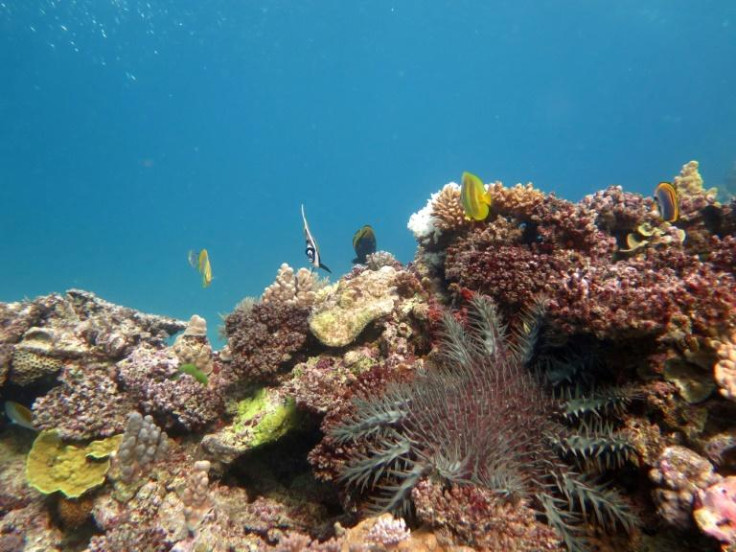Great Barrier Reef at risk as marine heatwave strikes Australian coast
The United Nations listed the reef as a World Heritage site in 1981.

The world is currently experiencing some of its warmest days. The month of June witnessed record-breaking temperatures, and July may still see warmer days.
Southern Europe, the Australian coast, and parts of the US have all been seeing sweltering temperatures. A marine heatwave along the Queensland coast has experts worried about the health of corals on the Great Barrier Reef.
The Great Barrier Reef (GBR), which stretches along most of the coastline of the state of Queensland and is about the size of Japan, contains the world's largest collection of coral reefs, with 400 types of coral, 1,500 species of fish, and 4,000 types of molluscs. The United Nations listed the reef as a World Heritage site in 1981.
The GBR is one of the most complex natural ecosystems on the planet and holds extreme significance for biodiversity conservation. It is currently under threat from ocean acidification and coral bleaching. The rising sea temperatures have already caused two major incidents of coral bleaching in the past.
A report in The Guardian said that the temperatures over the reef were the 12th highest on record in the month of June. The temperatures were more than 1°C above average for this time of year, as per the Australian Bureau of Meteorology.
Warming oceans have a negative impact on reef ecosystems. The phenomenon has already affected coral reefs around the globe. Now, data from the US National Atmospheric and Oceanic Administration (NOAA) has shown that the marine heatwave along the Queensland coast began in June itself and could possibly induce a disease outbreak in the coming months.
A marine heatwave occurs when the sea surface temperature rises to 3 or 4 degrees Celsius above the average temperature for five days in a row.
"Usually, a warmer temperature would mean an increase in disease in corals. In winter, disease pathogens usually become more dormant. If [temperatures] don't cool enough, the pathogens can remain virulent and we could see an uptick in coral disease," Dr. Jessica Stella, the assistant director of reef health at the Great Barrier Reef Marine Park Authority (GBRMPA), told The Guardian.
Corals have been shown to be sensitive to rising seawater temperatures, ocean acidification, water pollution from terrestrial runoff and dredging, destructive fishing, over-fishing, and coastal development.
When the water is too warm, corals expel algae that live in their tissues, which causes them to become completely white and appear more vulnerable to disease.
The excessive acidification of the oceans due to increased carbon intake has led to the erosion of most coral reefs and amounts to an estimated trillion dollars' worth of damage. The Great Barrier Reef has lost half its coral cover in the past three decades due to excessive bleaching and cyclones arising from climatic conditions.
According to Australia's National Coral Bleaching Task force estimate, only 7% of the world's largest reef system has been left untouched by coral bleaching.
Bleaching occurs when corals are stressed by adverse changes in conditions such as temperature, light, or nutrients, forcing them to expel algae from their tissues. The result is that corals gradually lose their colour before turning completely white.
Corals are known to recover from bleaching, but if the algae loss is prolonged and the stress continues, they eventually die.
Bleaching incidents will only become more frequent if the temperatures continue to soar. Governments across the world need to take steps to limit global warming.
"Coral reefs . . . provide food and livelihoods for hundreds of millions of people around the world, they protect shorelines from erosion, and they contain compounds that are used to treat human ailments. . . . Even though they cover less than one percent of the sea floor, they harbour about a quarter of all marine biodiversity," according to National Geographic Explorer Dr. Erika S. Woolsey.
© Copyright IBTimes 2025. All rights reserved.






















